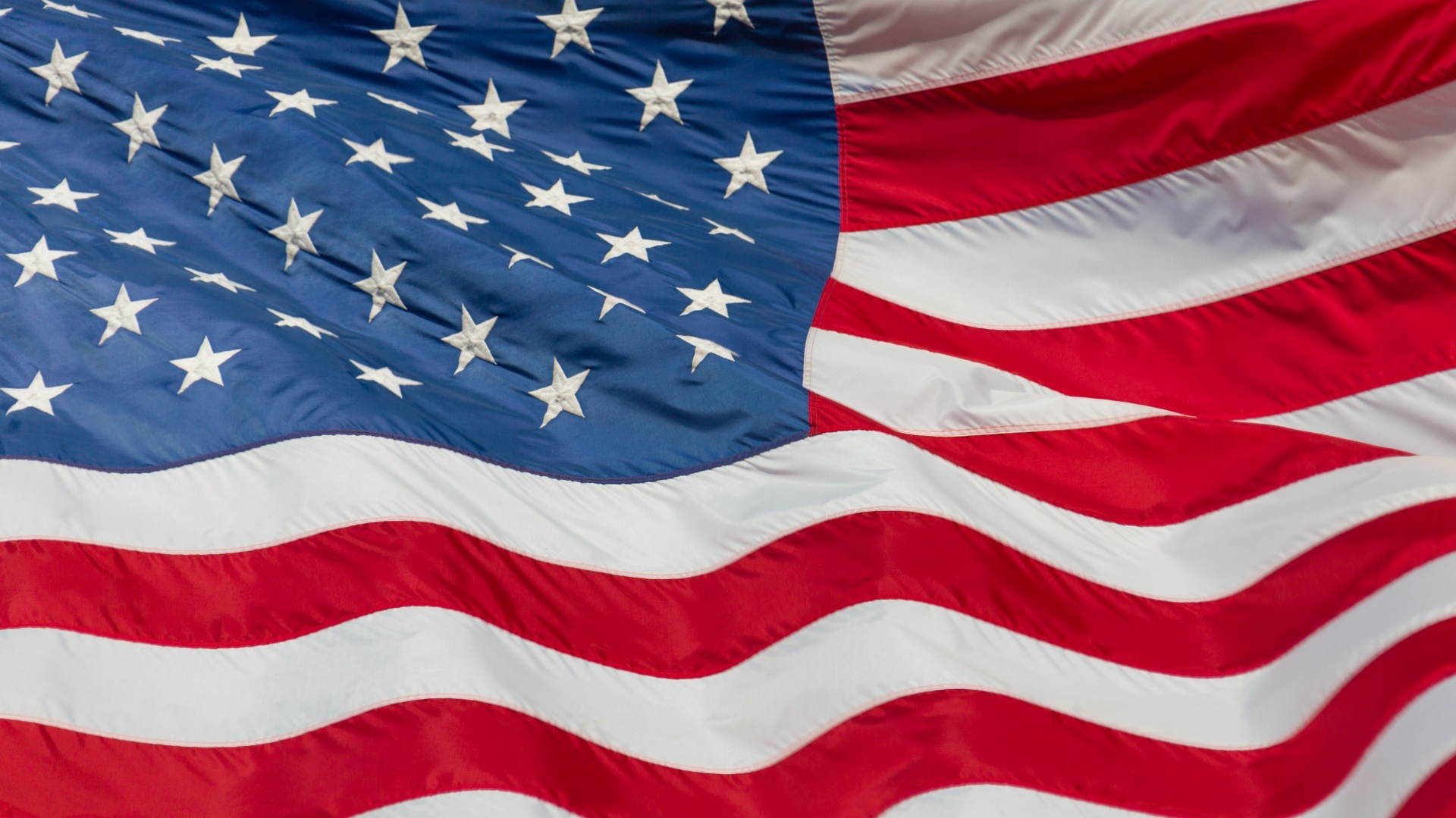Whilst Trump recently rated his handling of the COVID-19 pandemic a ten, the international community doesn’t seem to agree. In dealing with the global crisis, Trump has highlighted the growing isolation and conflict between the US and the rest of the world. From the start of his presidency, Trump’s ‘America First’ policy, though more aggressive in words than in actions, has changed the nature of US alliances and influence, paving the way to the end of an American era.
The growing isolation of the US isn’t a new phenomenon. Whilst leaders use complimentary rhetoric and big actions to butter up the proud US President, in the background, new alliances and agreements have been formed during Trump’s term that bypass and isolate the ‘Leader of the Free World.’ During the most recent World Economic Forum, Xi Jinping’s suggestion that China takes the lead globally was ‘received startingly well’, The Atlantic reports. In March 2018, Canada announced its plans to join the Asian Infrastructure Investment Bank, headed by China. This move indicates the growing prominence of China and the US’s decline in power, as its closest neighbours join a regional development bank that Obama had previously described as ‘an instrument of broadened Chinese influence.’ In 2017, the free-trade deal made between the EU and Japan was agreed upon as an alternative to the Trans-Pacific Partnership, which Trump withdrew from that year. At the time, the BBC argued that it was Trump’s election and the increasingly inwardly facing American policy that prompted the formation of both a free trade agreement and a ‘strategic partnership’ between two of America’s key allies.
Despite this, it isn’t just in alliances and trade deals that the US has found itself isolated. Trump’s ‘America First’ policy has led him to earn the nickname of the ‘disruptor in chief.’ On global matters, Trump has found himself on the wrong side of the argument. This was most clearly seen in 2017 when Trump withdrew from the Paris Agreement on Climate Change, putting him at odds with the majority of world leaders who are looking at more coordinated international responses to the climate emergency.
Now in his fourth year of Presidency, Trump faces his biggest challenge yet. After firing the Government’s entire pandemic response team in 2018, the US approach to COVID-19 has been difficult to watch. Not only has Trump given out some questionable advice, suggesting that scientists look into injecting people with disinfectant, but Trump’s behaviour towards multinational institutions during this pandemic has also only reinforced US isolation. In his dealings with the WHO, Trump’s ‘America First’ attitude is palpable: threatening to cut US funding during a public health emergency and declaring on national TV that the WHO’s death rate assessment was ‘really a false number.’ Despite currently having the highest death toll in the world, 50,243 total deaths as of the 24th of April, the Trump administration has been reluctant to act sufficiently, and it’s overall response has not been in line with the international community.
With the 2020 Presidential Election quickly approaching, Trump’s response to COVID-19 can be understood most clearly as a strategy to be re-elected in November. His focus on reopening the American economy as soon as possible and getting unemployed, disenfranchised Americans back into jobs is, surely, to help his chances of re-election. However, this response puts the US at odds with much of the rest of the world, notably some of US’s key allies who are urging caution and restraint. This is nothing new: Trump’s first term was littered with examples of US isolationism, ‘America First’ and the growing division between the US and its key allies on global issues. Though retrenchment was noticeable in areas of Obama’s foreign policy, his preservation of key American alliances was also fundamental to his approach. This is where Trump has differed: no longer interested in cooperating in the international arena, Trump’s ‘America First’ policy is damaging alliances and losing the US ‘soft power’ that it has long relied on in its competition against China. It has been a long time coming, but another four years of Trump would undoubtedly lead to the end of a long, American era.
Laura Kerr
Image: Public Domain Pictures.

